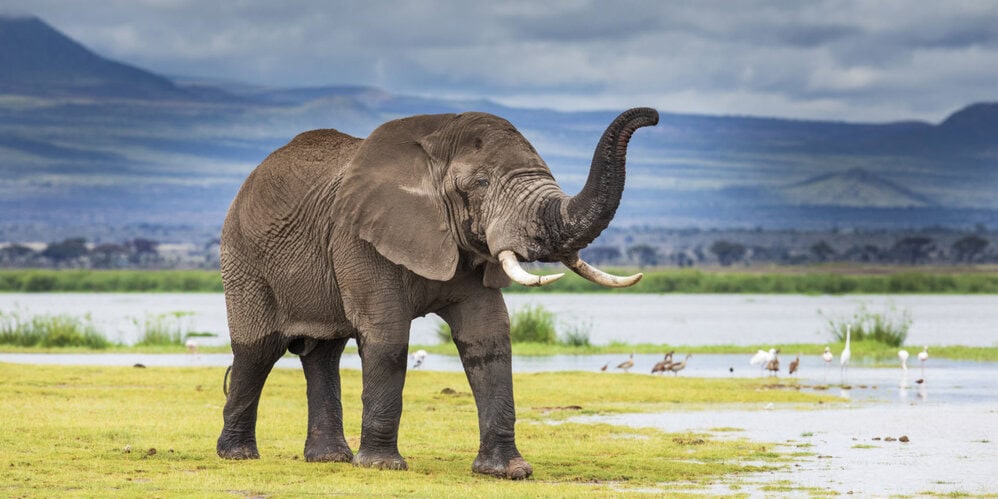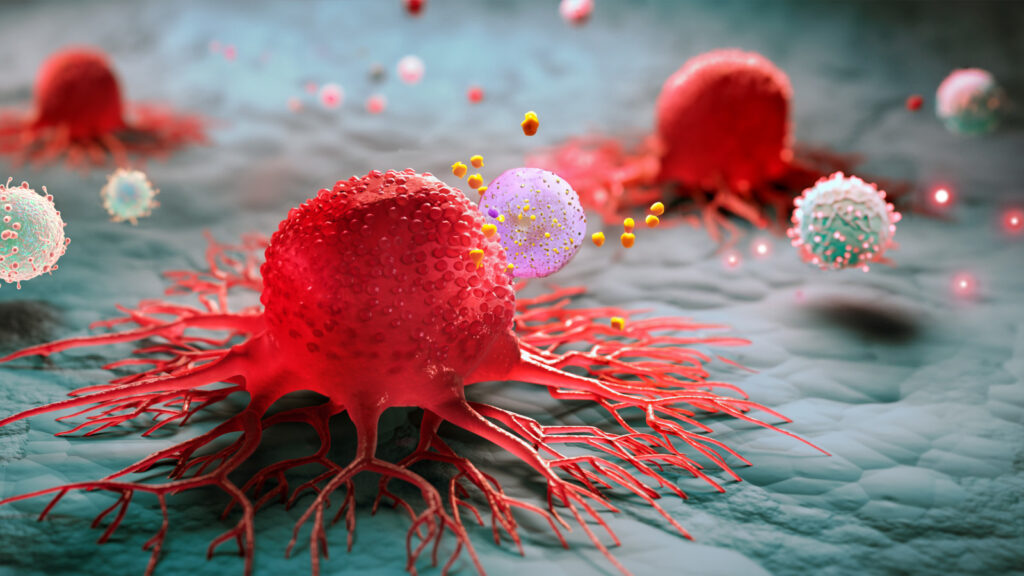It’s one of the most mind-bending mysteries in biology:
Big animals like elephants and whales have way more cells than humans so why don’t they get cancer more often?
Scientists call it Peto’s Paradox, and elephants may be the key to solving it.
The Supergene Behind the Secret
Elephants don’t just have big ears they also have big cancer defenses.
At the heart of their cancer resistance is a gene known as p53. In most animals (including humans), this powerful gene plays a major role in preventing cancer by:
- Pausing cell division
- Repairing damaged DNA
- Ordering damaged cells to self-destruct if the damage can’t be fixed
Humans only have one copy of this gene. Elephants?
They have 20 copies each with two variations creating a total of 40 different p53 proteins.

Why This Matters
In more than 50% of all human cancers, the p53 gene has been damaged or mutated. But in elephants, having so many backup versions:
- Reduces the chance that all p53 proteins will fail.
- Increases flexibility, because each version can detect different types of cellular damage.
It’s like having a team of superheroes on constant patrol, each with a different specialty, all working to protect the elephant’s massive body from cancer-causing mutations.
What the New Research Shows
A recent study in Molecular Biology and Evolution used computer models to examine the elephant’s p53 proteins. Researchers discovered that:
- These proteins respond to different molecular signals.
- They activate multiple pathways to detect and eliminate dangerous cells.
This “spectrum of p53 action” gives elephants a multi-layered defense system that’s far more versatile than our own.
“This opens up exciting possibilities for cancer protection research in humans,” says Sue Haupt, a cancer biologist who wasn’t part of the study.
What’s Next?
Researchers are now studying blood samples from a real African elephant in the Vienna Zoo, comparing its p53 response to that of human cells. The goal? To unlock clues that could lead to next generation cancer therapies.
As virologist Virginia Pearson puts it:
“Elephants, with their low incidence of cancer, have emerged as a surprising resource in human cancer research.”

Final Thought
Nature has spent millions of years fine-tuning the elephant’s defenses. Now, by studying these gentle giants, we might uncover the secrets to outsmarting cancer in humans.
Sometimes, the answers to our biggest medical mysteries come from the biggest animals on Earth.










Leave a Reply